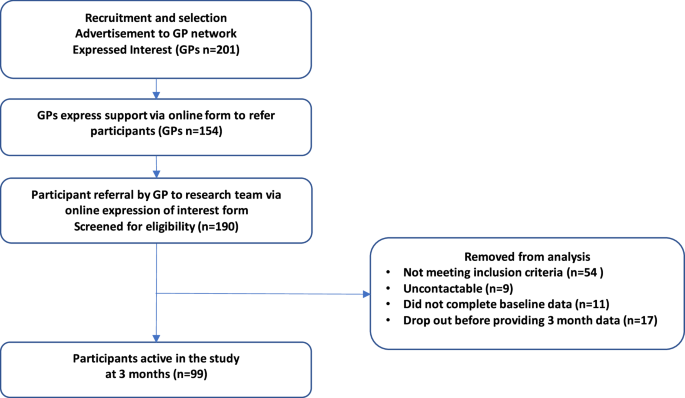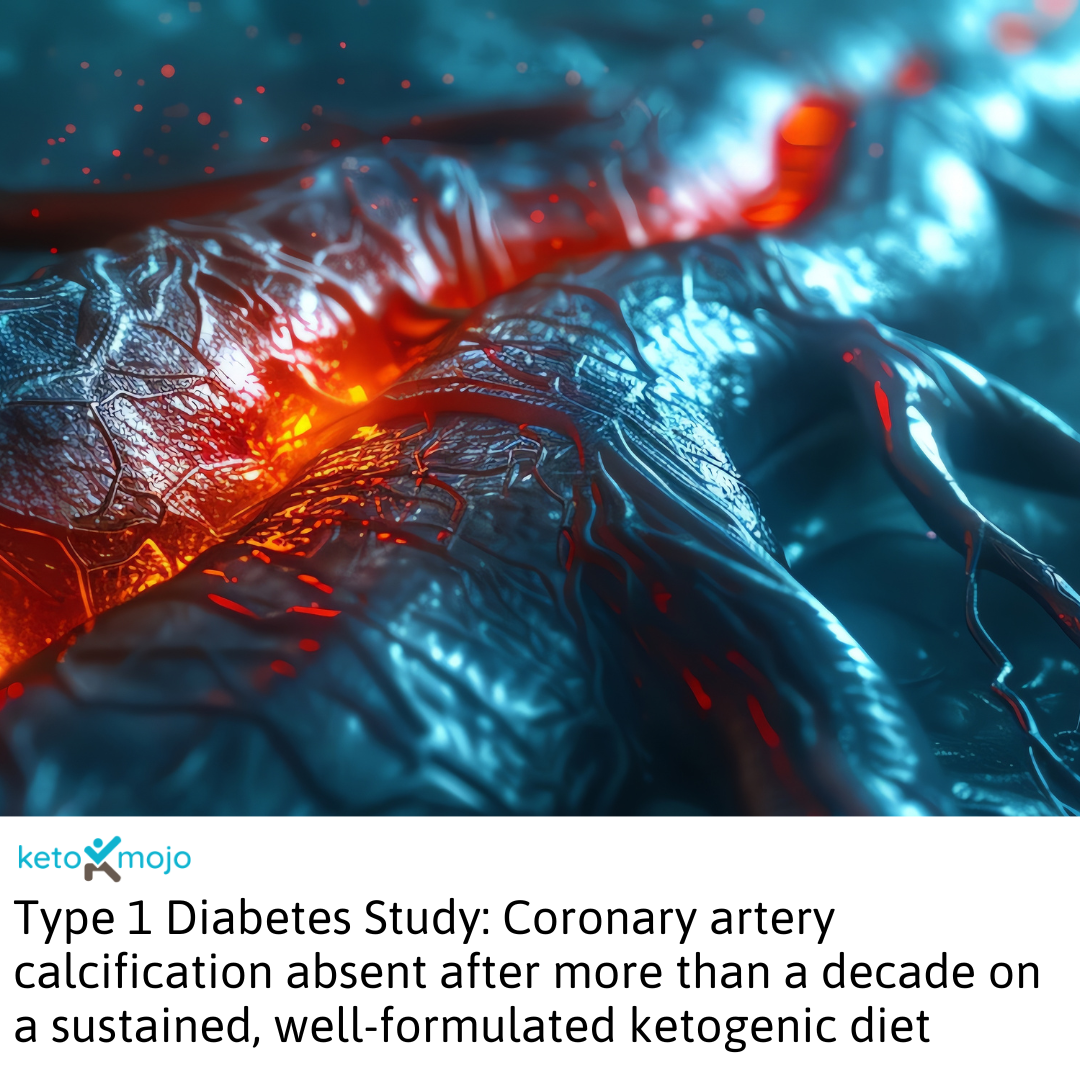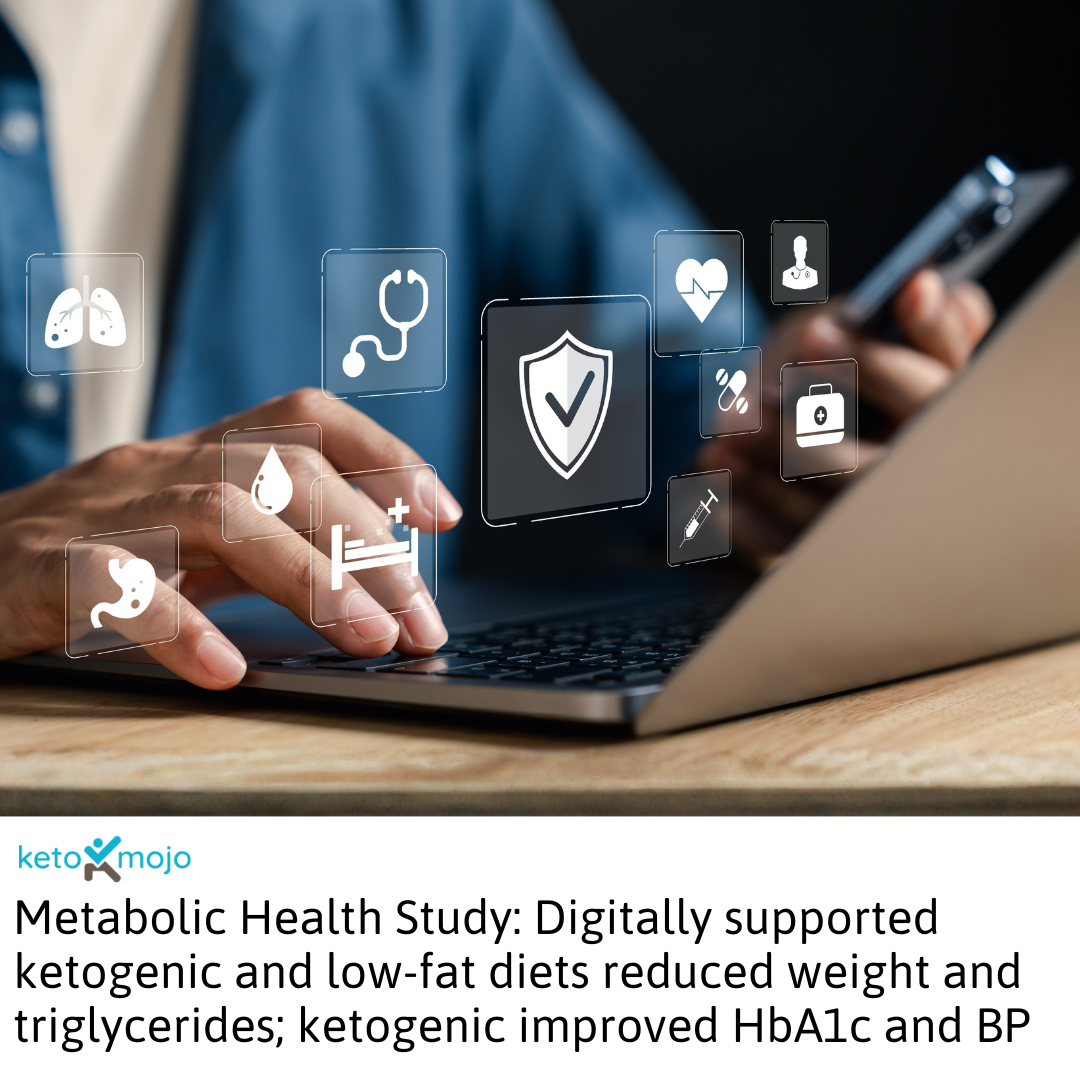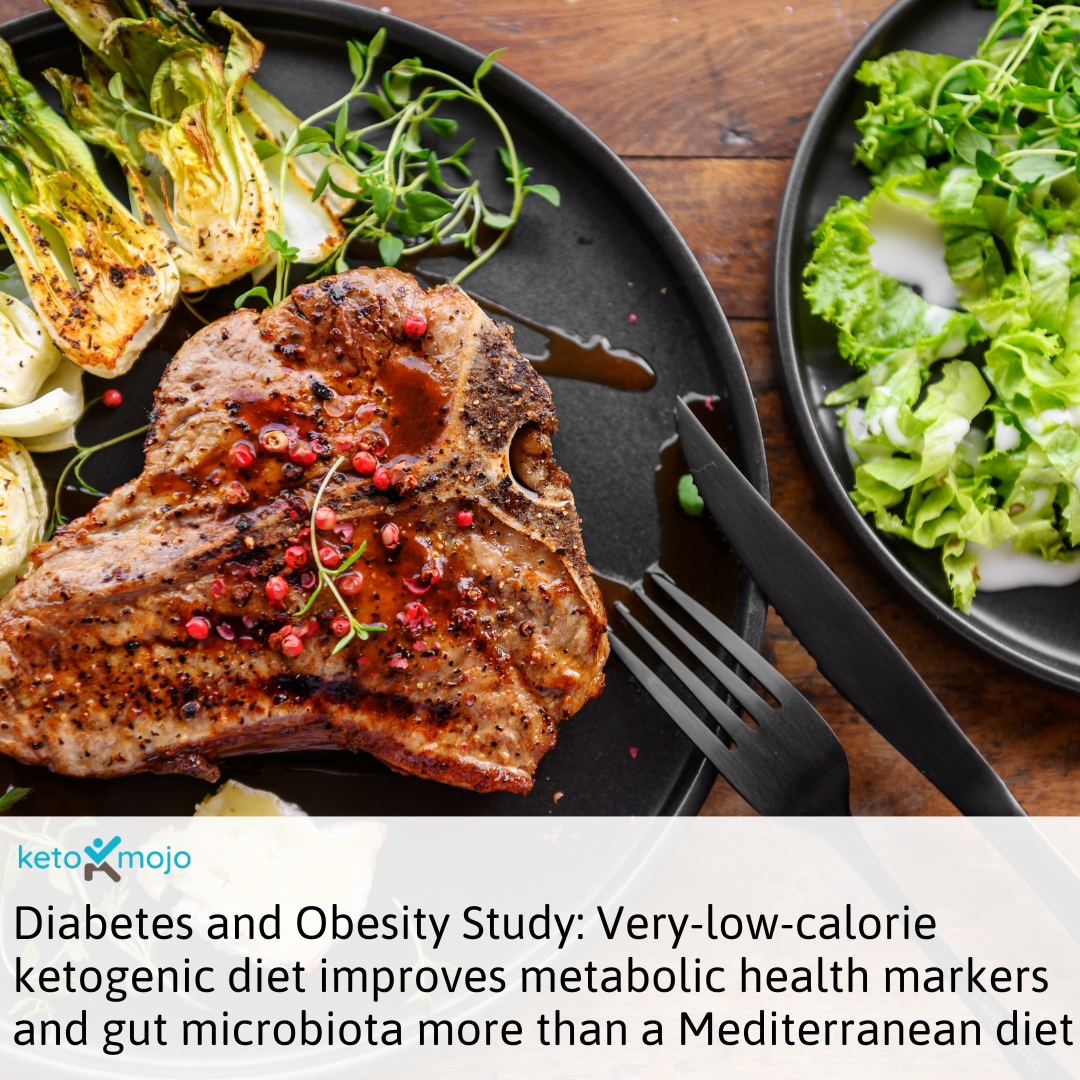Diabetes
mHealth low carbohydrate dietary intervention ameliorates glycaemic profile, blood pressure and weight status in people with type 2 diabetes
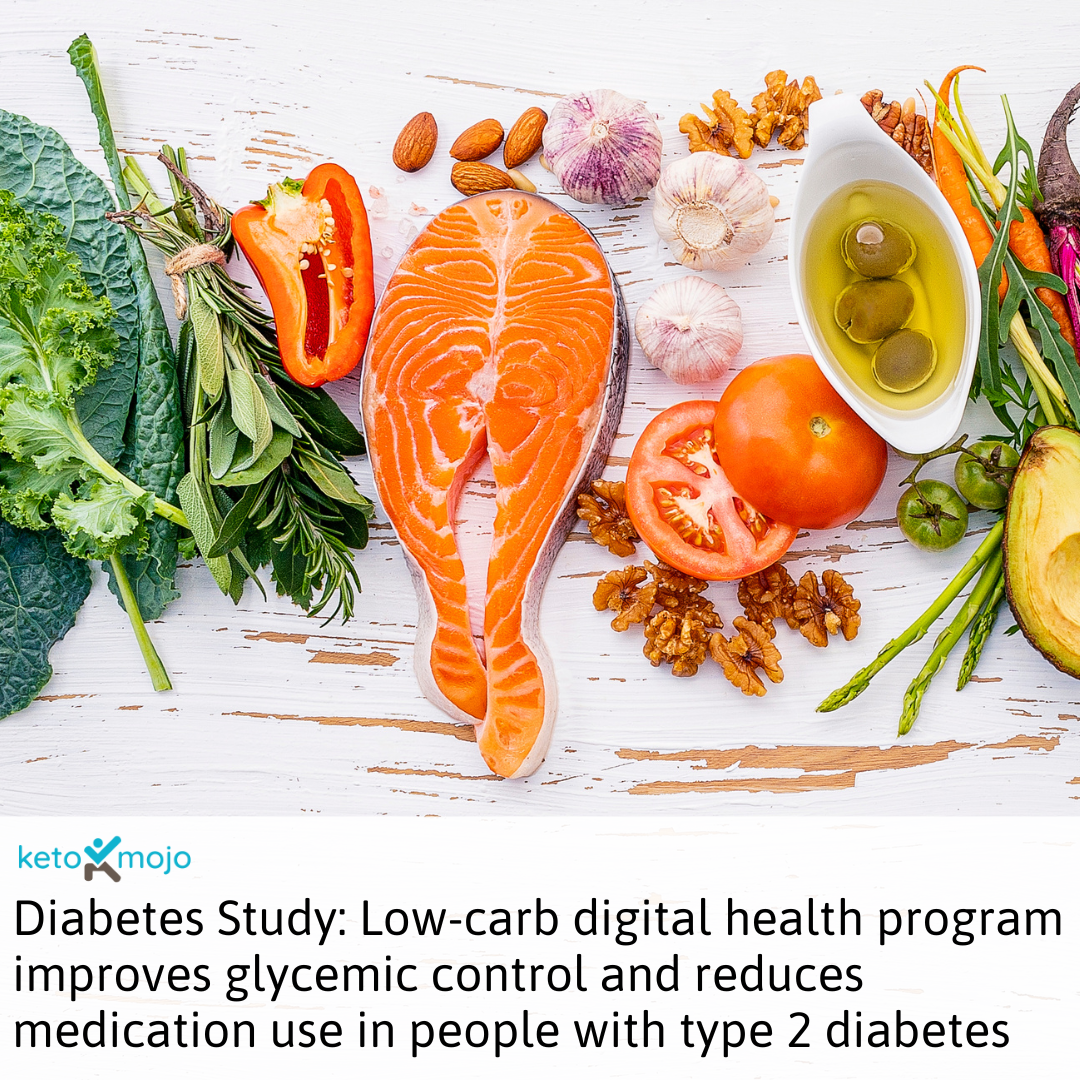
A single-arm study examined the effects of a mobile health (mHealth) low-carbohydrate dietary intervention delivered via the Defeat Diabetes app in 99 adults with type 2 diabetes (T2D) across Australia. Participants followed a structured digital program for three months, aimed at reducing daily carbohydrate intake. The app provided video-based education, recipes, meal plans, and peer support, with participants monitored remotely by their general practitioners for glycemic markers, blood pressure, and medication use.
The intervention was integrated into routine primary care, requiring no additional clinical visits beyond standard T2D care. Participants’ dietary intake and adherence were assessed using food records and recalls.
Key Findings:
- HbA1c reduced by 1.0% on average (95% CI: −1.3 to −0.7), with 85% of participants improving.
- 52% of participants achieved HbA1c <6.5%, below the diabetes diagnostic threshold.
- 21 participants reduced their diabetes medication, and two discontinued it entirely.
- Participants consuming ≤50 g of carbs/day had greater HbA1c reduction (−0.5%) and lost more weight (−2.1 kg, p < 0.05) than those consuming > 50 g of carbs/day
- Systolic blood pressure improved by 6 mmHg, with no significant change in physical activity.
- Digital delivery enabled broad accessibility and integrated seamlessly with Australia’s existing healthcare framework.
The findings suggest that a remote, app-based very low-carbohydrate intervention can lead to clinically meaningful improvements in glycemic control, medication reduction, and cardiometabolic risk factors in adults with T2D. This model offers a scalable, cost-effective alternative to more resource-intensive in-person programs.
